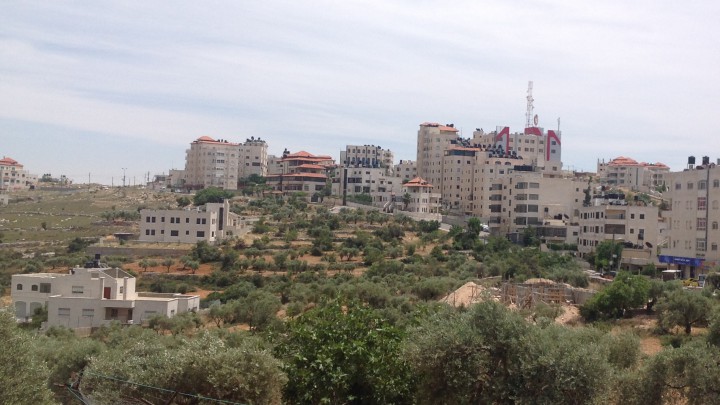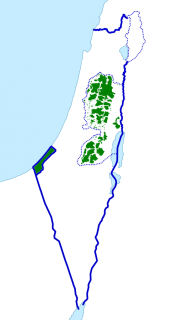Overview
Following the creation of the state of Israel in 1948, hundreds of thousands of Palestinians were crowded into refugee camps in the West Bank, the Gaza Strip and other parts of the Arab world. The legality of Israel’s policies of occupation in the Palestinian Territories is a matter of international dispute. The 1993 Oslo Peace Accords helped to establish a Palestinian National Authority – an interim body set up to run parts of Gaza and the West Bank (excluding East Jerusalem). During the Second Intifada (2000-2005) Israel withdrew from the Gaza Strip and established the West Bank barrier. This prompted the Palestinians successfully to challenge the barrier’s legality before the International Court of Justice.
In the 2006 election the militant Hamas group significantly outpolled Fatah (the largest faction within the confederated multi-party Palestine Liberation Organisation) and subsequently seized control of the Gaza Strip. This triggered an Israeli and Egyptian blockade of the region.
In 2008-2009 and again in 2014 Israel asserted a right to defend itself from assault by Hamas and other militant groups and attacked the Gaza Strip. The UN Office for the Coordination of Humanitarian Affairs (OCHA) estimates that the recent conflict claimed the lives of 2,131 Palestinians (including 1,473 civilians, of whom 501 are children and 257 are women) and 71 Israelis (including 66 soldiers, a security coordinator and four civilians). One foreign national civilian was also killed in Israel.
Legal pluralism is a defining feature of the region. Palestinian lawyers today appear before Israeli civilian courts, Israeli military courts, Palestinian courts in the West Bank and Gaza, as well as Islamic ecclesiastical courts. In effect, lawyers negotiate a labyrinth of parallel state and legal structures. This presents numerous logistical and practical challenges, not least in terms of access and translation.
Research Themes
- Relationships between Palestinian lawyers and the Israeli military legal system and government (e.g. negotiations with military prosecutors, consequences of military courts).
- Relationships between Palestinian human rights lawyers and the Palestinian National Authority.
- Manner in which Palestinian lawyers engage with a variety of legal regimes.
- Implications of the Israeli Supreme Court exercising jurisdiction over Occupied Palestinian Territories and framing questions of occupation as legal rather than political issues.
- Co-existence of justice and occupation.
- Independence of the Palestinian Bar Association.
- Relationships of Palestinian lawyers in the Occupied Territories with human rights activists within Israel and across the region (e.g. refugee communities and prisoners in Jordan, Lebanon, Syria).
- Professionalisation of activism.
- Issues related to boycotting legal settings such as the Israeli military courts.
- Role of international humanitarian law in shaping understandings of the Occupation.
- Role of law and lawyers in the negotiations between the Palestinian National Authority and Israel.


